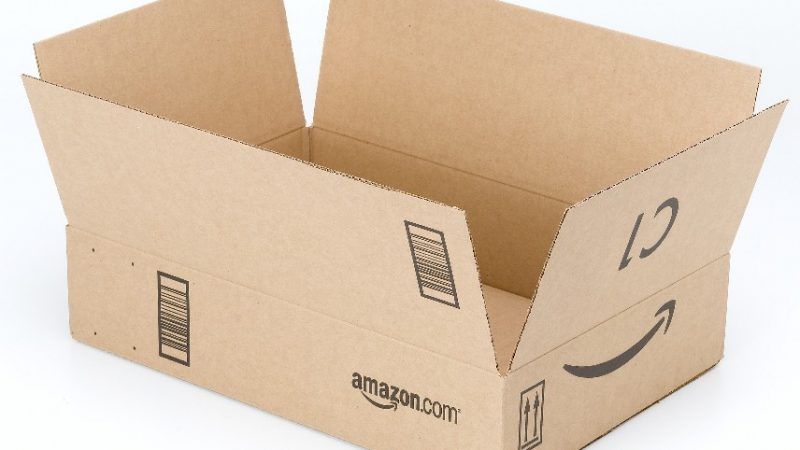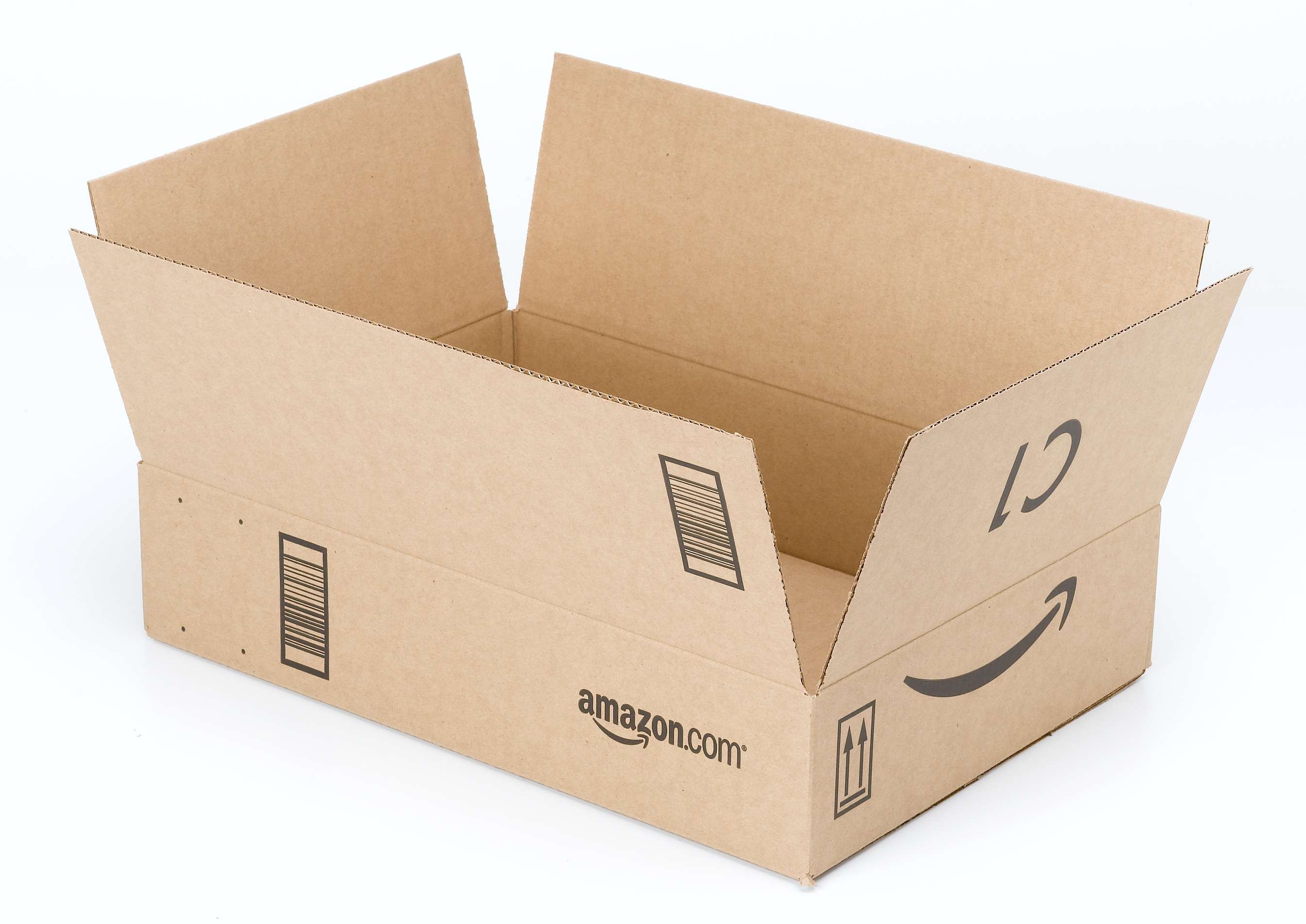Amazon Offers Cheap Prime to Government Aid Recipients
But is Jeff Bezos the new John D. Rockefeller?


Amazon announced today that it is offering half-price Prime memberships to customers who receive certain government benefits. People who qualify will pay $5.99/month to get the usual Prime perks—free delivery, video and music streaming, free books, online storage, etc.—but Amazon's food delivery services are getting the most attention.
You may recall a lot of sturm und drang about food deserts in the recent past—that is, the worry that people in poor neighborhoods lack access to cheap, healthy food in their immediate proximity. While even the U.S. Department of Agriculture concedes that Michelle Obama's pet cause may have been a tad overblown, there's no doubt that grocery shopping is a drag for everyone, and for people with small children, disabilities, or limited transportation access, it can be especially tough. Nearly all low- and middle-income families have access to the internet in the United States, however.
For now, only people with an Electronic Benefits Transfer (EBT) number are eligible (though they cannot use the EBT card to pay for the service), but that covers many people on the biggest assistance programs, including Temporary Assistance for Needy Families (TANF), Supplemental Nutrition Assistance Program (SNAP), and Women, Infants, and Children Nutrition Program (WIC). Amazon started accepting food stamps as payment on qualifying items earlier this year, at the same time as several of its competitors.
Six bucks a month will still be a stretch for some people with very tight budgets. But, just as with middle- and upper-income consumers, users may decide the gains in time and convenience are worth it for them. And cheaper Prime will make it easier and less expensive for poor people to get what they think they need, in addition to those things on bureaucrats' lists of approved purchases.
Of course, Amazon will also acquire new customers, who will likely find themselves handing over an even-increasing percentage of their household income to the online retail giant. Amazon is certainly not above luring customers in with a discounted service in order to get them into the habit of making ordinary, recurring purchases of necessities on the site. I am a victim/beneficiary of Amazon Mom, for instance. And it's true that EBT customers are only eligible to renew the benefit for four years.
Anyone whose high school history curriculum resembled mine might be suspicious that this is some kind of long con predatory bait and switch—that Jeff Bezos is positioning himself to pull a John D. Rockefeller, luring customers in with low prices, gaining a monopoly, and then hiking rates on his captive audience. Is this just another sign that Amazon is the new Standard Oil, ripe for trust busting?
The thing is: Not even Standard Oil was really Standard Oil. The years when the much-maligned firm was most dominant in the market were also the years kerosene was cheaper than it had ever been in the United States. Even at the time the Supreme Court's decision in favor of the breakup of the firm in 1911, Standard Oil had about 150 competitors, including Texaco and Gulf. Likewise, even as Amazon has pushed into new markets and swallowed up competitors (RIP Diapers.com) prices continue to fall, not rise. And of course, EBT holders are free to ignore the offer altogether and continue taking the bus to their closest Target or Walmart.
